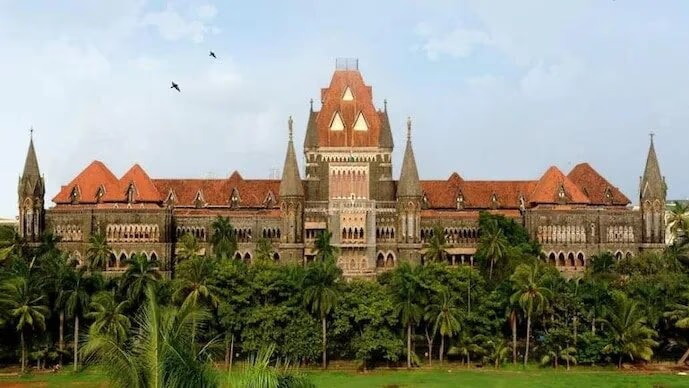The Nagpur Bench of Bombay High Court overturned a 2020 family court order that mandated a DNA test to establish the legitimacy of a child born during the marriage of a separated couple in 2013. Justice R.M. Joshi delivered this verdict on July 1.
This appeal was lodged by the woman and the child against an order that upheld the husband's request for a DNA test to verify the legitimacy of the child born in July 2013.
The bench criticized the family court for erring in fact and law by granting the husband's request, despite him never formally denying paternity in his petition.
The couple was married on December 18, 2011, and by January 2013, the wife, then pregnant, had left the matrimonial home. The child was born in July 2013. Although the husband filed for divorce citing extramarital affairs, cruelty, and desertion, he refrained from denying paternity in his petition. During the trial in 2020, he sought a DNA test to challenge the child's legitimacy, which was accepted by the family court.
In revoking this order, Justice Joshi stated, "Unless the husband explicitly claims non-paternity and proves he had no access to the wife, there is no question of determining the child’s paternity."
Referring to Supreme Court rulings, the judge emphasized that under Section 112 of the Indian Evidence Act, the presumption of legitimacy is strong and can only be rebutted by clear, compelling evidence pointing to the husband's lack of access during conception.
Justice Joshi also criticized the family court's stance which interpreted the wife's deposition during cross-examination that she would comply with any court directive, as a consent for the DNA test.
The judge noted, “Merely asserting compliance with a court order does not equate to consenting to a DNA test for her child. Even if consent was assumed, the court was obligated to prioritize the child’s best interests.”
The court cited the Supreme Court’s guidance that DNA tests should only be ordered in circumstances where they are indispensable.




